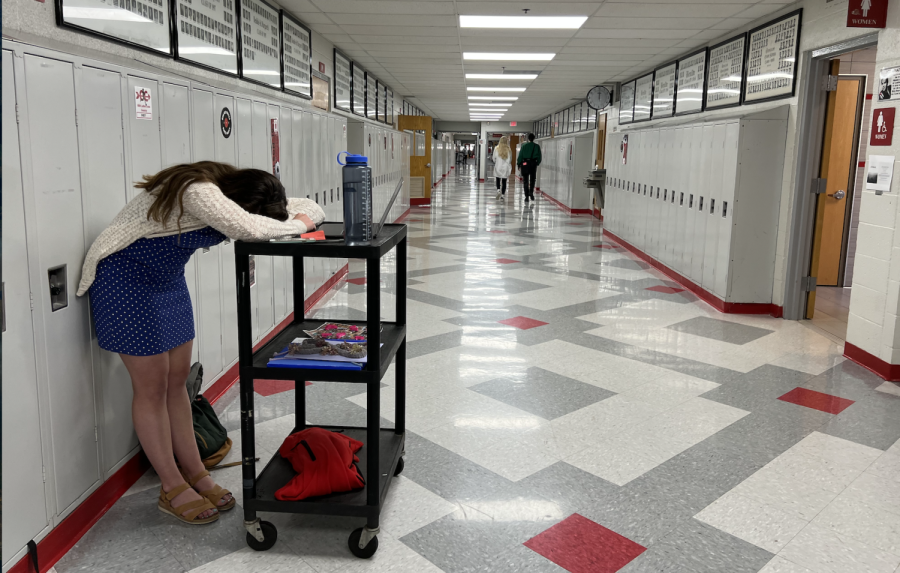The harsh realities of the post-Covid return to normalcy
Post-covid restrictions raise stress among students and staff including Ms. Kaitlyn Miksch, the hall monitor.
Students are feeling squeezed from all angles as the effects of the 2020-2021 school year set in, jerking the BSM community back to reality as a new year begins. What was once seemingly a relaxed school environment focused on students staying safe has now returned, according to many students, with tightened restrictions from previous years.
Last year, BSM’s primary goal was to keep students safe while attending high school amidst a global pandemic. Because safety was the top priority, some rules were more relaxed or less enforced, like dress code, hall passes, and the ability to arrive late or leave early from school. But due to this current school year being much closer to normal than last year, these relaxed rules and special privileges have been either revoked or reformed. “Last year, we had a lot more…differences in our policies because of Covid,” Assistant Principal Matt Weingartz said.
Because of last year’s loosened expectations, students are facing a harsh return to reality. More and more students find themselves having to throw on an oversized sweatshirt or a gym shirt from freshman year in response to the increased dress code violations being given out. Leaving the cafeteria even 15 seconds before the bell rings can cause a student to get stopped in the hall, and the only way to freedom during class is found in a fluorescent pink hall pass. Students have not been shy to express their displeasure towards these tightened measures. “Being stopped in the hallways because I don’t have a pass…I just don’t understand that,” sophomore Ava Black said.
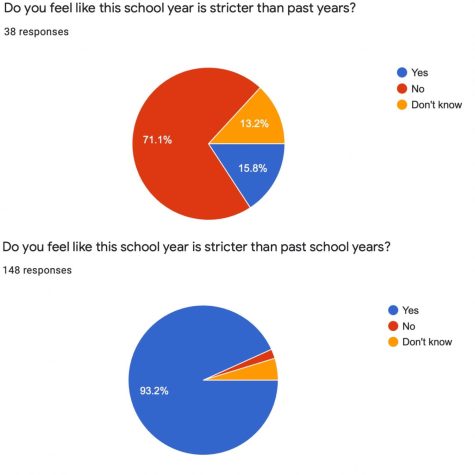
Students from all grades alike have generally negative opinions towards the BSM administration cracking down on these returning rules. Many students like Black have been conversing with friends, teachers, and administrators, communicating their aversions and trying to change things. The senior class even had a class meeting that ended up in students voicing their opinions towards certain BSM policies. “I think that from a lot of students, there’s been a lot of complaints about the administration, about what they’re doing and how they’re not really thinking about how it affects the students,” senior Suzanne Haakonson said.
One reason that students are not in favor of these updated policies is because they feel their independence has been taken away. According to a student survey, 93% of the 148 students surveyed feel that this school year is stricter than other years. Leaving class is harder than ever, and hall monitors are on the lookout for students without a pass. Some students oppose these measures because they feel that they are being treated like children. “This is my fourth year [at BSM], and I’ve always liked my independence and stuff like that but now…it’s like a jail,” Black said.
Students got used to certain aspects of last year’s strange year; among these were open note assessments, lifted late work deductions, and the overall ease of taking classes online. Teachers have been reporting some carryover of students’ bad habits picked up during online school. “There’s more complacency, and not as much responsibility being shown by a lot of people, by a lot of students,” English teacher Keanan Faruq said.
Senior Emily Zagaros, among other BSM students, has seen instances of these bad habits leading to disrespect in the classroom. She recalls students not being able to stop talking during class discussions and her teacher being unable to rein in the class. “And [my teacher] gave the example like, ‘You guys don’t really get it but we used to be on Zoom and you guys used to just mute your mics and talk to whoever you wanted.’ And [my teacher] was like, ‘And now we’re in the classroom and you guys are acting the same but we’re not on Zoom anymore,’” Zagaros said.
Religion teacher Michael Becker has had similar experiences with students having trouble returning to a normal school year. Having students wander off during class while ‘going to the bathroom’ or stopping at Taher to get a snack are just a few reasons that Becker has had to enforce these policy changes. “When we’re in the school hours, there’s certain rules that you need to abide by,” Becker said.
However, even though students are aware of the motivations behind new restrictions, they are finding it difficult to adapt to a “normal” year after last year being so different. Administrators, including Weingartz, have recognized that students are going through an adjustment period after over a year of online or hybrid learning. Having to go from completely online learning to hybrid learning and even fully in-person without much notice was not easy for students, so there was plenty of grace given during this time of adjustment. “I think that there’s always going to be an adjustment with that,” Weingartz said.
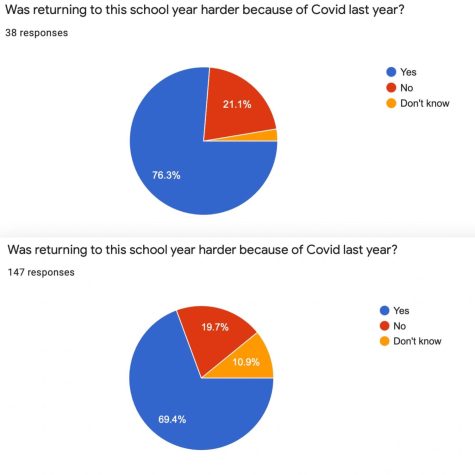
Despite faculty and staff acknowledging students’ struggles after Covid, many students are still having a harder time feeling as though their concerns have not been fully heard. “I feel like our teachers…are trying to compensate for our easy ride last year,” Black said.
Furthermore, these struggles are carrying over outside of school. Advocacy towards teenagers’ mental health is more prominent than ever, and students feel that these new restrictions and the overall stress stemming from them is affecting the state of their mental health. “I think that [with] mental health, a lot of students are struggling with that more since Covid happened, and I don’t think that [the administration is] giving students enough leeway in essentially what they need,” Haakonson said.
Though students are feeling the pressure of these new restrictions, they were ultimately enforced in an effort to make returning to a normal school year smoother. “We’re going away from what became normal last year and getting back to what was normal before,” Faruq said.



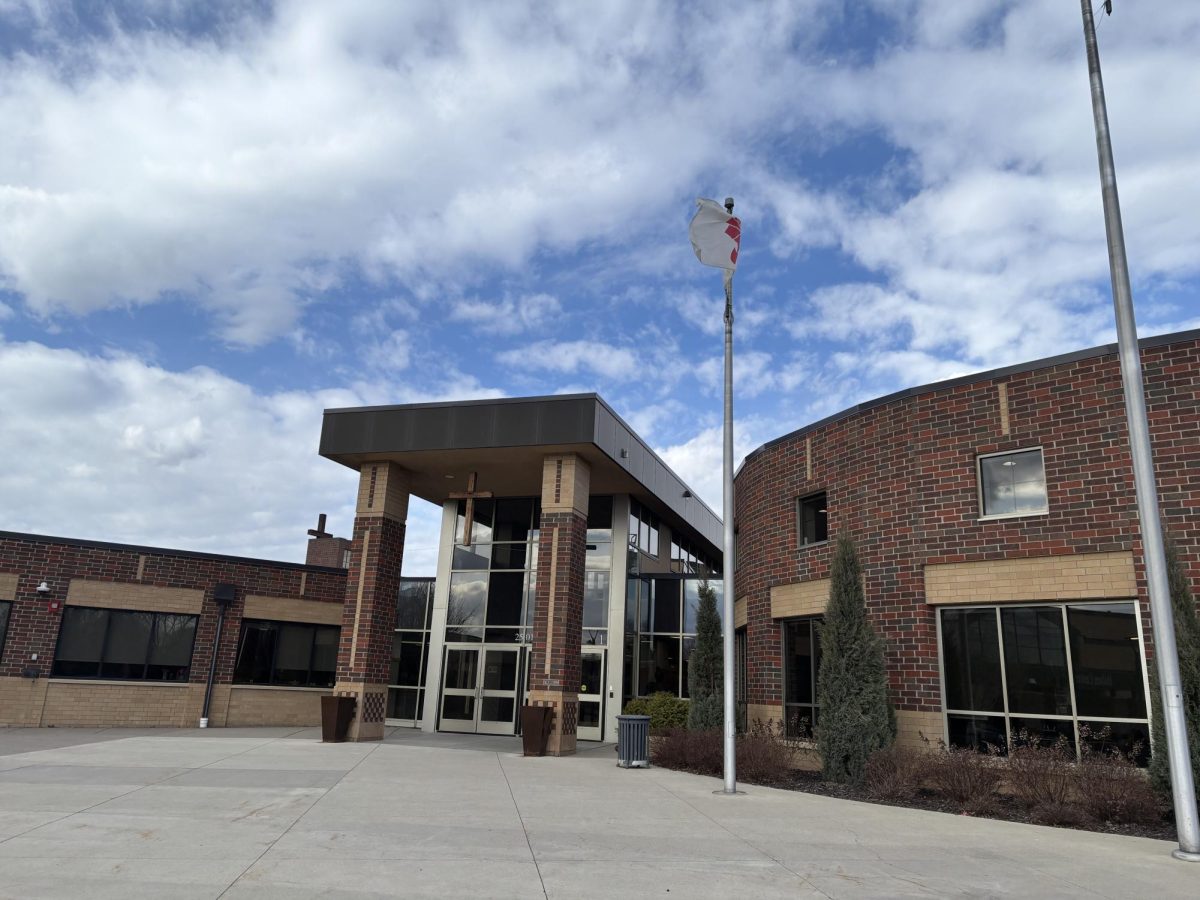
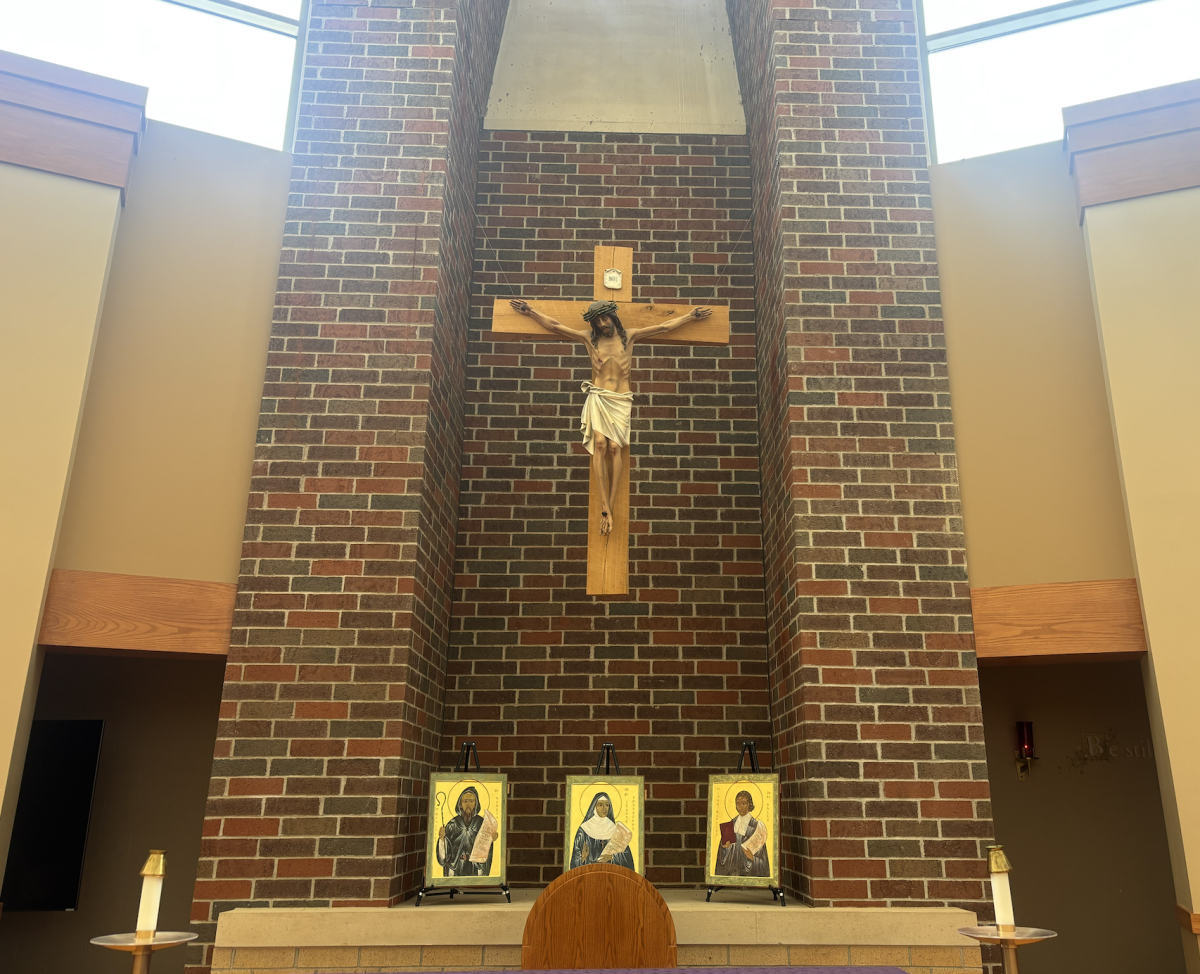
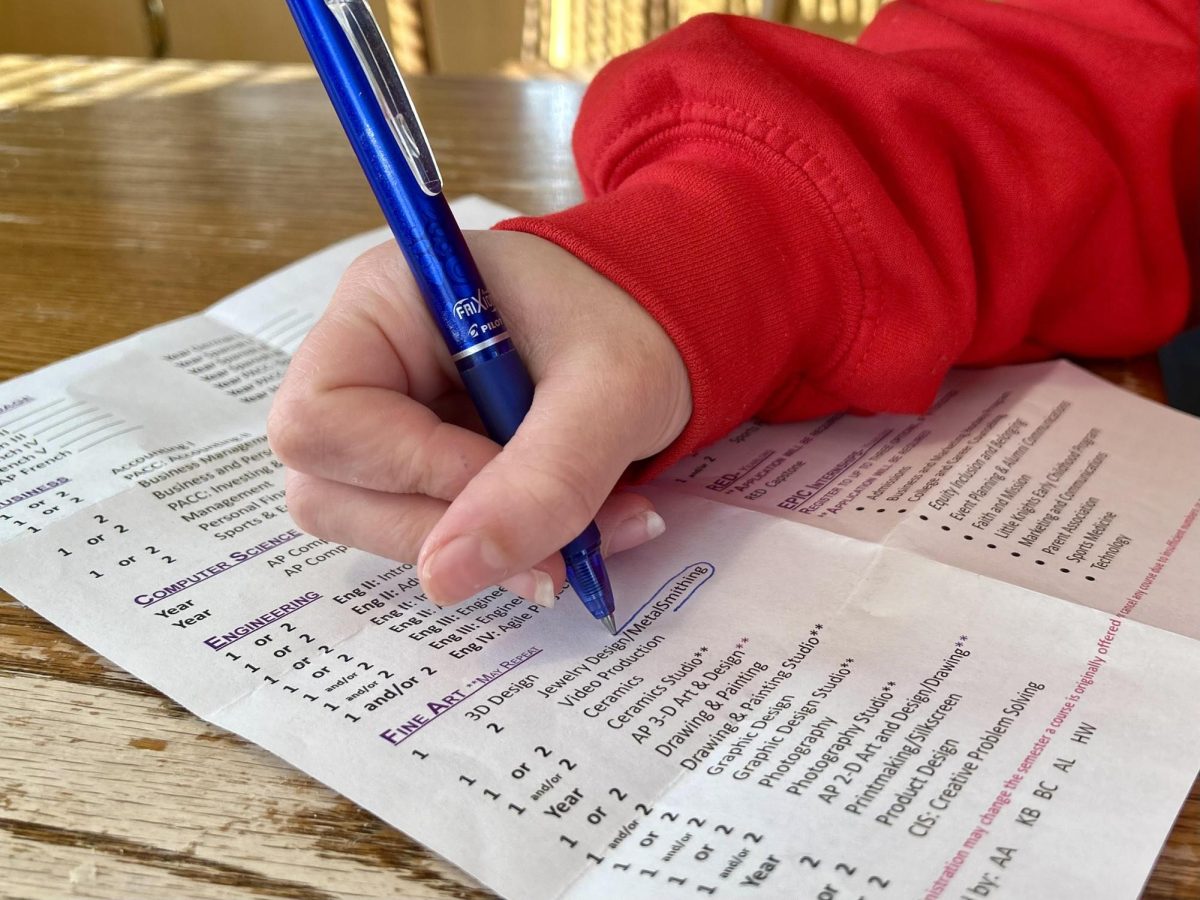



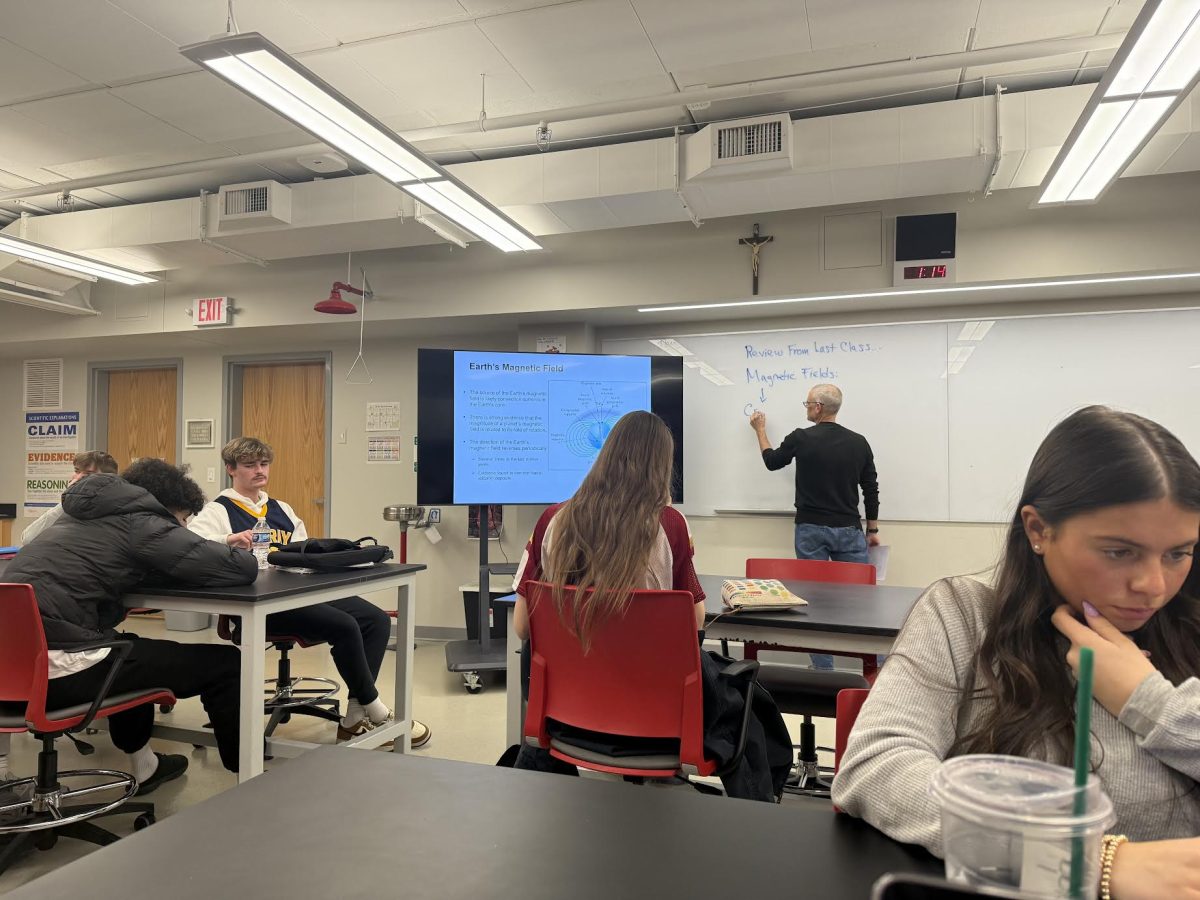
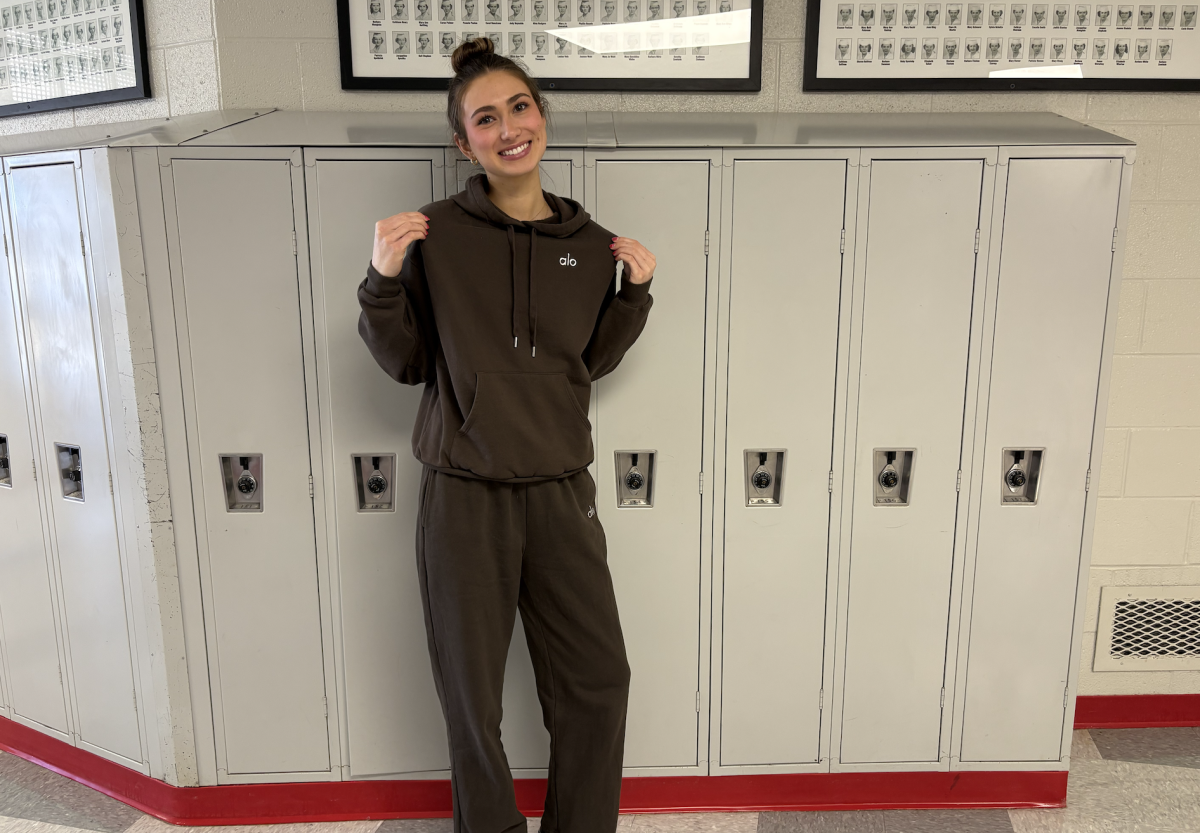


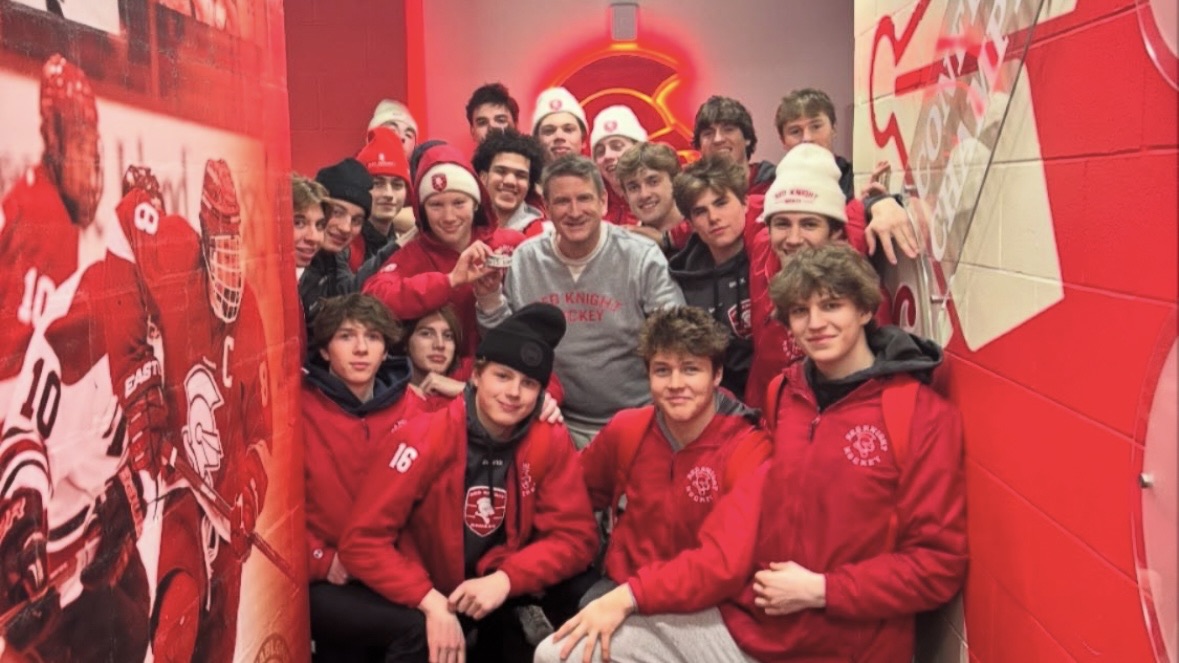

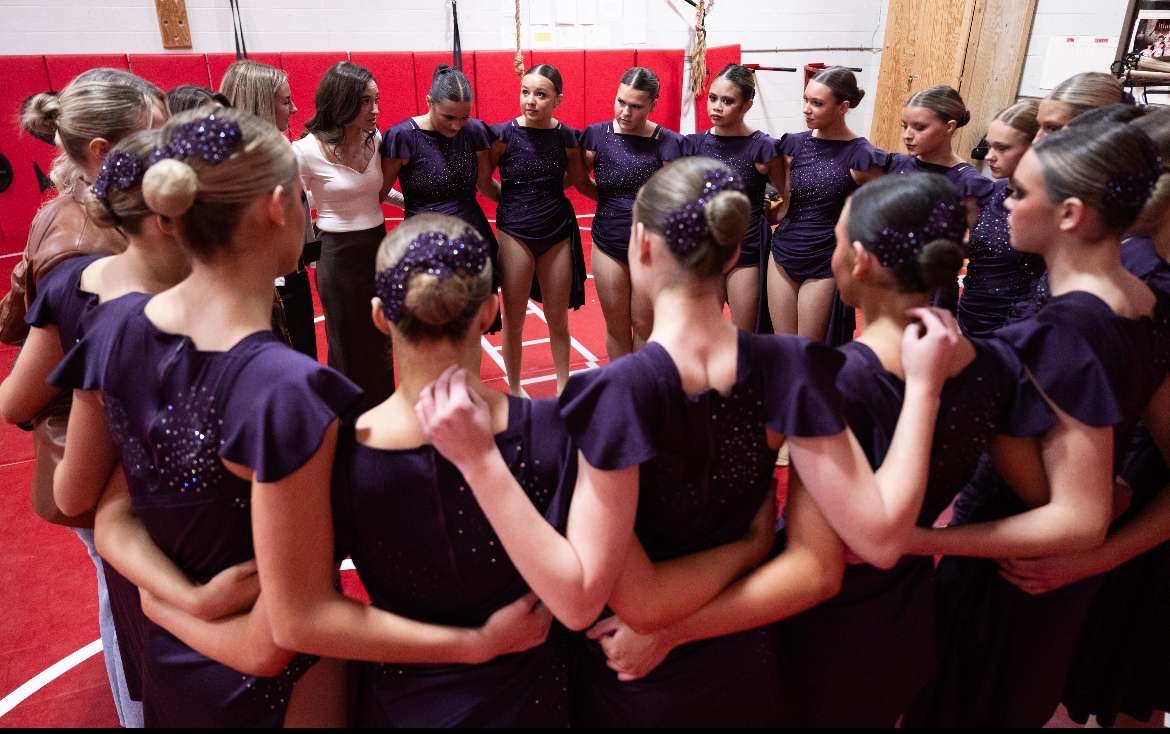





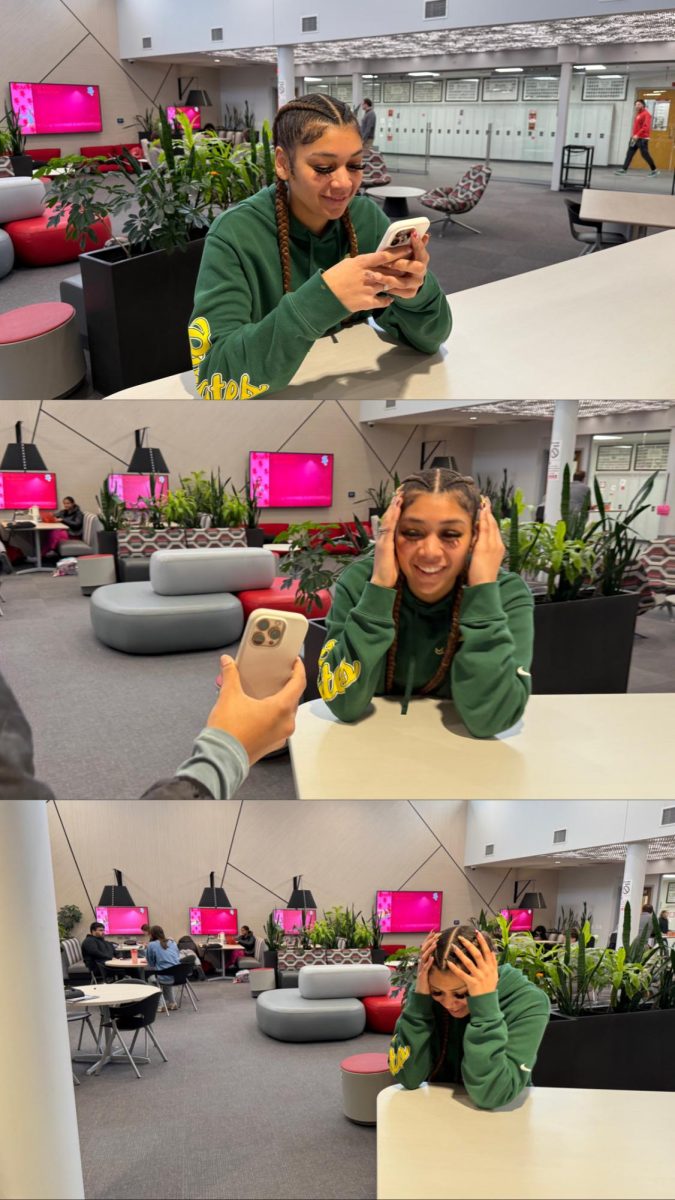

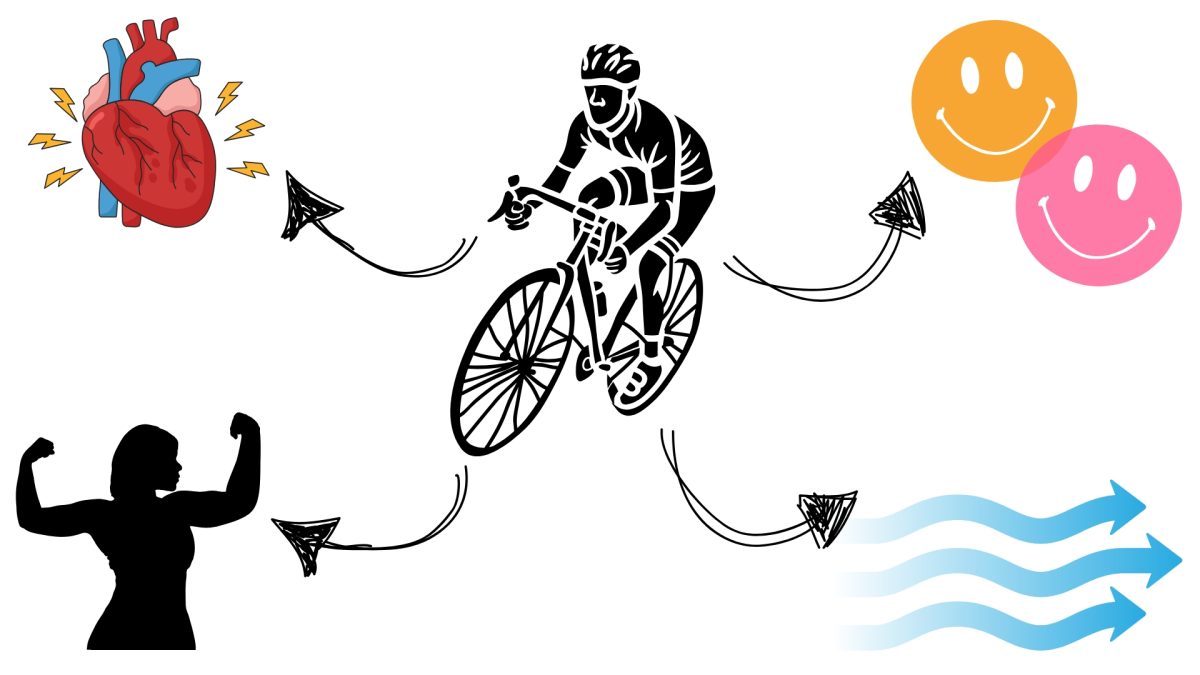
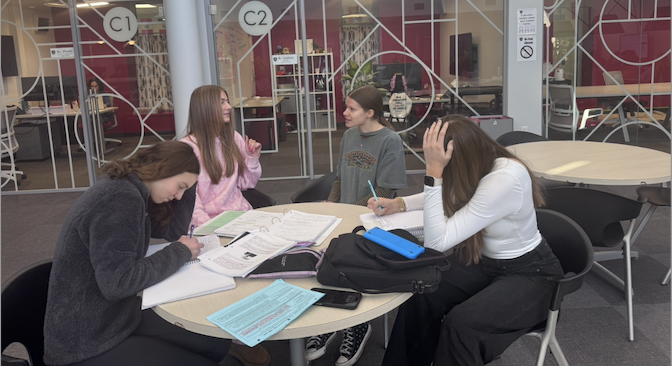
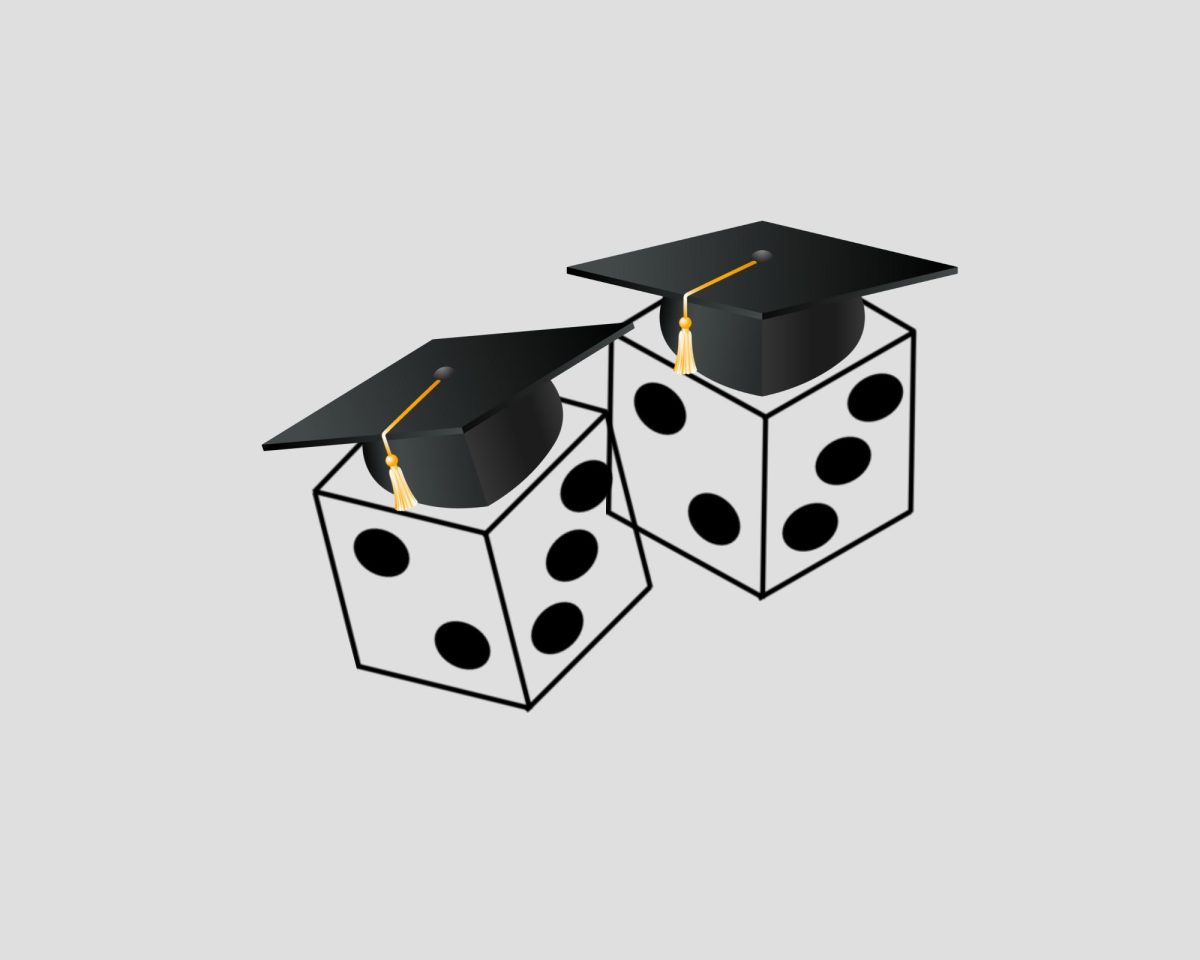

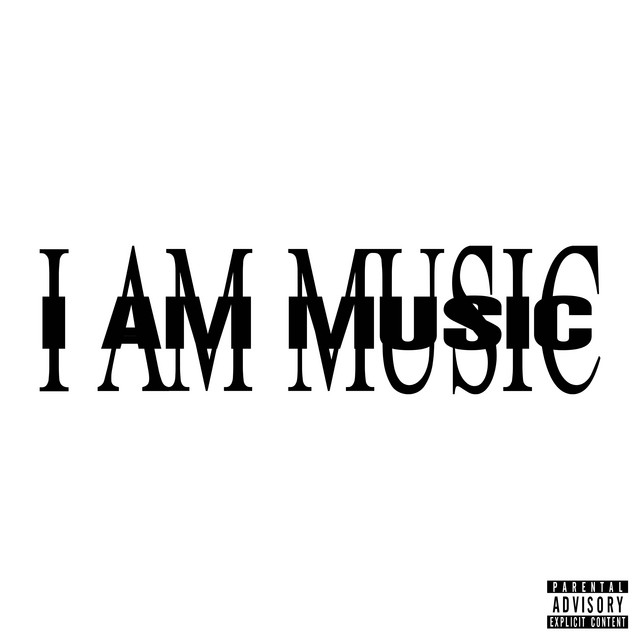








![Teacher Lore: Mr. Hillman [Podcast]](https://bsmknighterrant.org/wp-content/uploads/2025/03/teacherlorelogo-1200x685.png)




